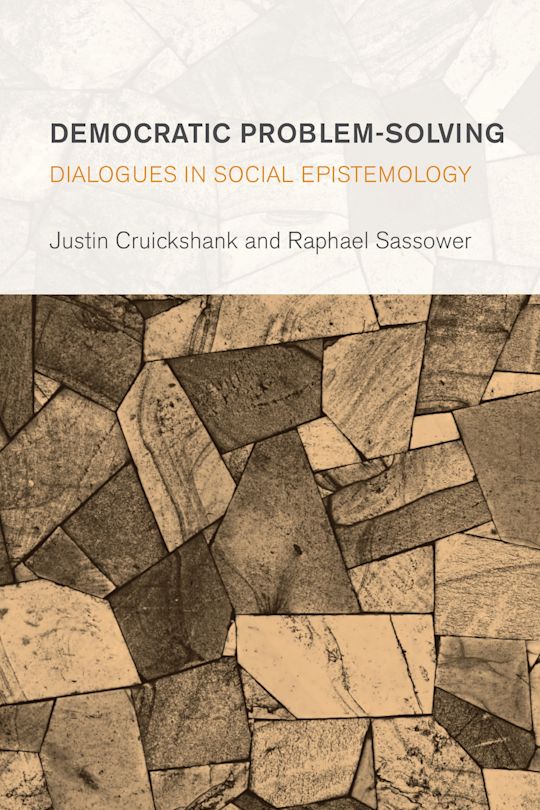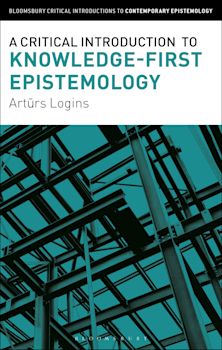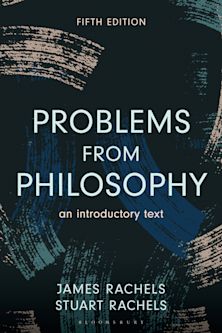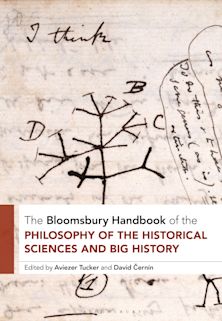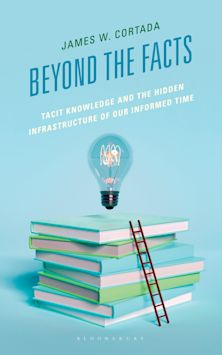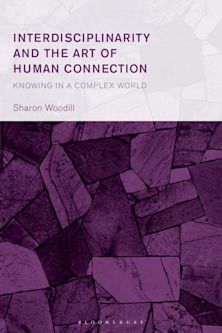- Home
- ACADEMIC
- Philosophy
- Epistemology
- Democratic Problem-Solving
Democratic Problem-Solving
Dialogues in Social Epistemology
Democratic Problem-Solving
Dialogues in Social Epistemology
You must sign in to add this item to your wishlist. Please sign in or create an account
Description
To what extent is neoliberalism undermining democracy and distorting the values of science? Can and should science be treated as an exemplar for a more dialogic democracy? Are universities and public intellectuals able to develop a more dialogically engaged public? What role should there be for ‘experts’ in a more dialogic democracy? Does information and communications technology present a potential to enhance democracy or increase the control and manipulation of knowledge and the public by corporations?
This timely volume explores these pressing questions, in a dialogue based on developing and applying the recovery of the ‘critical Popper’, which highlights his contemporary relevance to the critique of neoliberal political economy in the age of technocapitalism.
This book will be discussed in an online roundtable on the Social Epistemology Review and Reply Collective. Information about the SERRC can be found here: https://social-epistemology.com/
Table of Contents
Isaac Ariail Reed / 7. Criticism versus Dogmatism Justin Cruickshank / 8.The Problem of Demarcation Isn’t Going Away Raphael Sassower and Seif Jensen / PART 3: DEMOCRACY, EDUCATION AND THE ROLE OFINTELLECTUALS IN PUBLIC LIFE/ 9.Democracy, Criticism and the Problems Facing Dialogue Justin Cruickshank / 10.Beyond Lamentations: Overcoming Neoliberalism? Raphael Sassower / 11.The Politics of Definitions and Neoliberal Interventionism Justin Cruickshank and Ioana Cerasella Chis / 12.Appealing to Academics to Become Public Intellectuals Raphael Sassower / 13.The Cost of Public Intellectuals Ioana Cerasella Chis and Justin Cruickshank / 14. Radical Public Intellectuals
Raphael Sassower /PART 4: FROM PUBLIC INTELLECTUALS TO POLITICAL
ECONOMY AND TECHNOLOGY /15.Public Intellectuals and the Political Economy of Food
Justin Cruickshank and Ioana Cerasella Chis / 16. Desiderata of the Future of Political Economy Raphael Sassower /17.The Neoliberal Political Economy of Science and
Higher Education Justin Cruickshank / 18.The Problem of Technocapitalism
Ioana Cerasella Chis and Justin Cruickshank PART 5: DEMOCRACY, DIALOGUE, EXPERTS
AND ELITES / 19.Envisioning Peaceful Democratic DialoguesRaphael Sassower / 20.Democracy, Experts and Elites: The Case of BrexitJustin Cruickshank with Ioana Cerasella Chis/Conclusion/Bibliography/ Index/About the Authors
Product details
| Published | Apr 05 2017 |
|---|---|
| Format | Ebook (PDF) |
| Edition | 1st |
| Extent | 314 |
| ISBN | 9798216222163 |
| Imprint | Rowman & Littlefield Publishers |
| Series | Collective Studies in Knowledge and Society |
| Publisher | Bloomsbury Publishing |
About the contributors
Reviews
-
“This is a superb book. It is both a philosophical examination of the idea of plural epistemological communities and a practical exemplification of the virtue of understanding democracy as an open conversation. Written in the context of a rise in populism, it shows that a hopeful and temperate approach to issues that divide our political communities is possible.”
John Holmwood, Professor of Sociology, University of Nottingham, UK
-
This extremely impressive book spins off from a judicious re-evaluation of surprising parallels between Popper and Rorty to a wide-ranging discussion of the politics of knowledge, and politics more generally, in modern societies. This transatlantic exchange is inevitably what Cruickshank calls a 'slow dialogue', but it is a very worthwhile one, as the UK and US slide towards their respective catastrophes.
William Outhwaite, Newcastle University
-
Justin Cruickshank, Raphael Sassower, and their other interlocutors probe incisively the dialogic bases of beliefs and their relation to political practice. They debate Popper, Rorty, other important theorists and epistemology more broadly via discussion of pressing political and policy issues that illuminate the mounting crises of neoliberalism and need to rethink capitalism and democracy, as we currently know them.
Robert J. Antonio, University of Kansas
-
This book is composed as an experiment on the function of intellectuals in a testing time, the crisis of neo-liberal democracies. Established scholars have teamed up with rising stars in a series of exchanges designed to determine whether the critical spirit of intellectual life is better served by a singular individual who represents diversity in his or her person or by a self-organizing collective forging its way toward some normative ideal. As Cruickshank, Sassower and their collaborators admit, both options may be needed to swim against the ever changing currents of capitalism.
Steve Fuller, Auguste Comte Chair in Social Epistemology, University of Warwick, author of Nietzschean Meditations: Untimely Thoughts at the Dawn of the Transhuman Era









